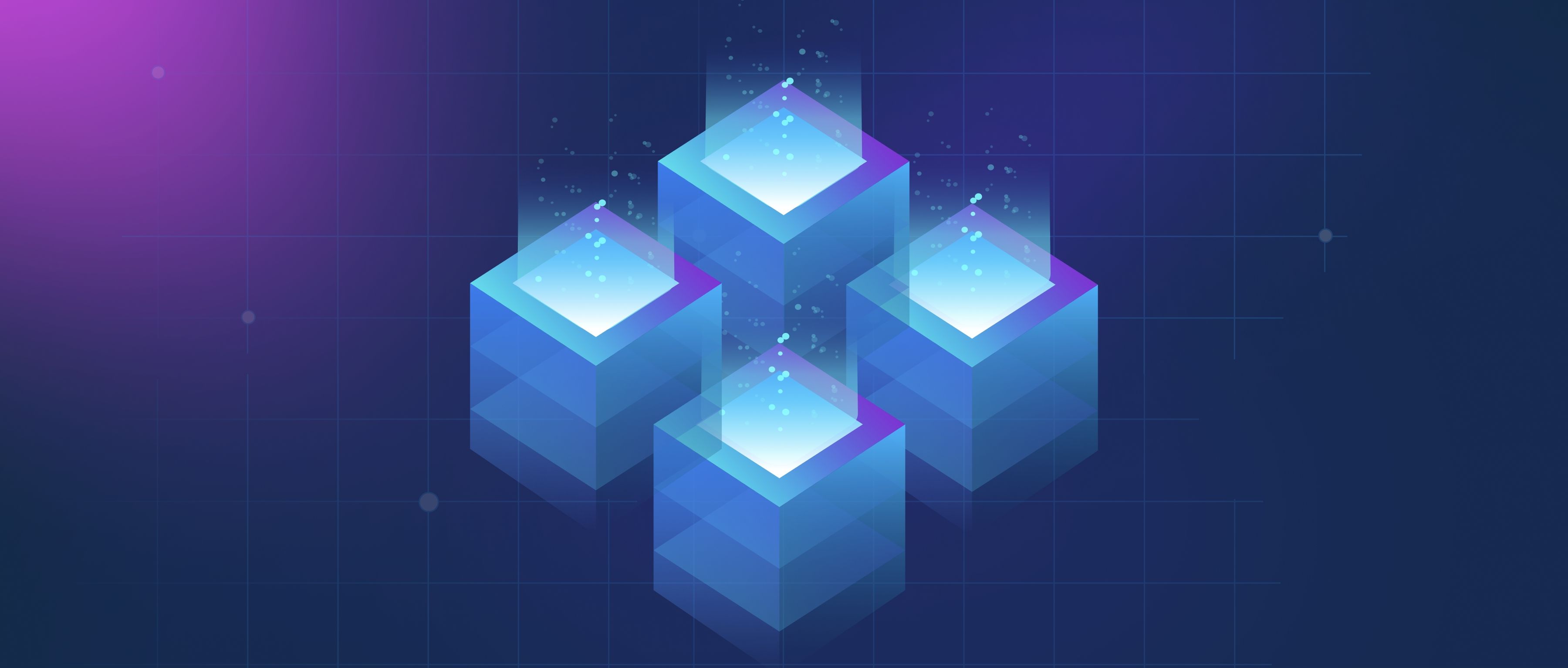Some of the best resources to learn deep learning in 2020 include online courses, textbooks, and research papers. Online platforms like Coursera and edX offer popular courses such as the “Deep Learning Specialization” by Andrew Ng and “CS231n: Convolutional Neural Networks for Visual Recognition” from Stanford University. These courses provide hands-on experience with deep learning concepts and practical applications. Textbooks like “Deep Learning” by Ian Goodfellow and Yoshua Bengio, and “Deep Learning with Python” by François Chollet are excellent resources for understanding both the theoretical and practical aspects of deep learning. These books cover topics like neural networks, CNNs, RNNs, and advanced techniques such as reinforcement learning and GANs. Research papers and arXiv.org provide cutting-edge developments in the field. Following influential conferences such as NeurIPS, CVPR, and ICML also offers insight into the latest advancements in deep learning research. Participating in online communities like Reddit, StackOverflow, or Kaggle can help stay updated and solve practical problems in deep learning.
What are the best resources to learn about deep learning?

- The Definitive Guide to Building RAG Apps with LlamaIndex
- Mastering Audio AI
- GenAI Ecosystem
- Vector Database 101: Everything You Need to Know
- Exploring Vector Database Use Cases
- All learn series →
Recommended AI Learn Series
VectorDB for GenAI Apps
Zilliz Cloud is a managed vector database perfect for building GenAI applications.
Try Zilliz Cloud for FreeKeep Reading
How does Marble ai process videos compared to still images?
Marble ai processes videos by taking advantage of the multiple viewpoints and motion present in the footage. A still ima
What are n-grams, and how are they used in NLP?
N-grams are contiguous sequences of n items (typically words or characters) extracted from text. For example, in the sen
How do distributed databases improve read/write performance in large-scale systems?
Distributed databases improve read and write performance in large-scale systems by distributing data across multiple nod